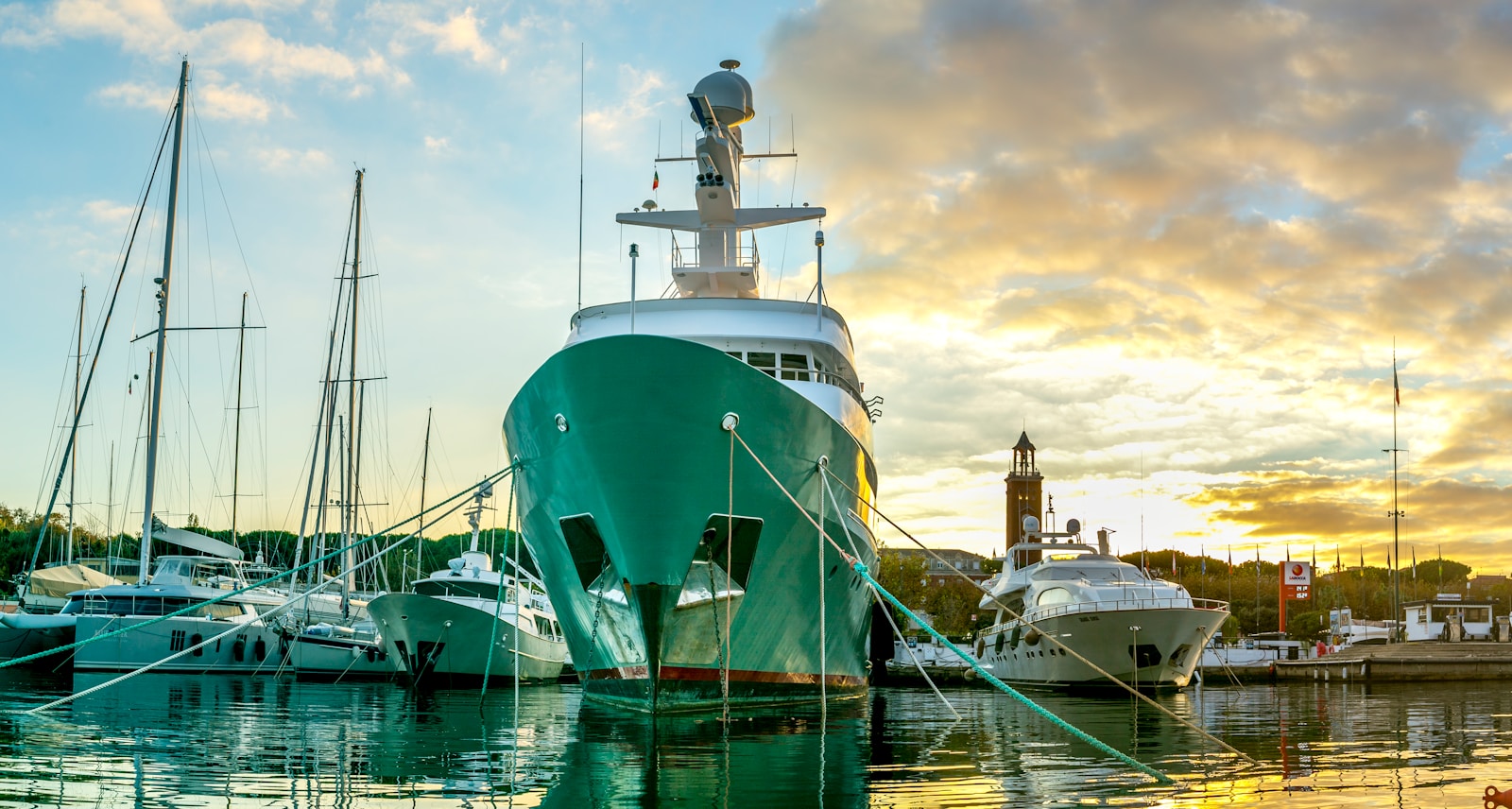Jako Hall: AI in the Superyacht Industry
Having amassed 17 years of experience working with superyachts, including five years as fleet captain, Jako Hall has travelled to some of the world’s remotest locations with his work, including captaining a non-ice class vessel through the Northwest Passage in 2019. This article will focus on superyachts and how AI advancements and innovations are transforming the industry.
AI is revolutionizing virtually every industry today and the superyacht sector is no exception. As AI continues its rise in prominence, maritime and superyacht companies are increasingly adopting various AI applications in their offerings.
Take for example dsnm’s Compass software, which integrates AI and ChatGPT, producing live weather reports based on geographically tagged locations. By integrating AI and weather reporting, the company is producing increasingly accurate reports over time as the system gains a greater understanding of weather patterns. This improved accuracy has enabled dsnm to enhance crew safety during voyages and better influence passage plans. According to dsnm, weather is the just the start, AI posing potential to revolutionize an array of different aspects of the superyacht industry, posing lucrative opportunities for emerging entrepreneurs developing innovative products to plug gaps in the market.
Take for example CrewPass, a company led by Managing Director Conrad Empson, who designed a program to enable a crew passport system that includes background checks and criminal clearance reports, safeguarding the team on board. When CrewPass was launched in 2021, AI was a long way from the level it has reached today, and largely spoken about as a distant dream in the future. Since then, its progression has gained huge momentum, and as a result, AI has become an integral part of daily life at CrewPass. As Conrad Empson explains, AI significantly enhances various aspects of the platform by streamlining processes and integrating systems, encouraging employees to use AI tools to enhance their efficiency. For example, yacht design is an industry sector where AI can allow us to glimpse into the future, and AI could also be integrated into a variety of systems to assist with navigation – there is even the possibility of autonomous ships and automated route planning.
Julen Garcia serves as Managing Director and Content Producer for The Yacht Videographer, a company that provides very different services to CrewPass. Nonetheless, the company is also able to reap significant rewards by leveraging AI. As Julen points out, AI has great potential benefits worldwide, and The Yacht Videographer is no exception. For small businesses, AI poses potential to relieve business owners of multiple responsibilities, completing tasks more efficiently and exponentially, freeing up leadership’s time to focus on competing against bigger players in the industry.
With regard to the potential benefits of AI, the biggest takeaway is its speed and efficiency. Whether used in document processing, handling enquiries, or streamlining content editing processes, AI enables staff to effectively work through larger work volumes in a shorter space of time.
Although AI is built to improve as it learns, paving the way for advancements to increase exponentially over time, it is important to remember that it is still in its relative infancy. Far from the finished product, at these early stages of development, AI is not without its drawbacks. Julen Garcia admits that while these tools have great potential, they still need a lot of supervision and involvement to produce a decent product. While conceding they are not advanced enough to provide final products to clients, he suggests that their value lies in presenting ideas and concepts for projects.
Although AI currently has its limitations, particularly in highly creative tasks, its potential in the superyacht industry is vast. In the realms of navigation, AI promises significant advancements in automating route planning, taking into account factors such as fuel efficiency, weather conditions and sightseeing opportunities. In addition, AI could automate a myriad of mundane shoreside tasks, a potential that remains largely underutilized throughout the industry.

